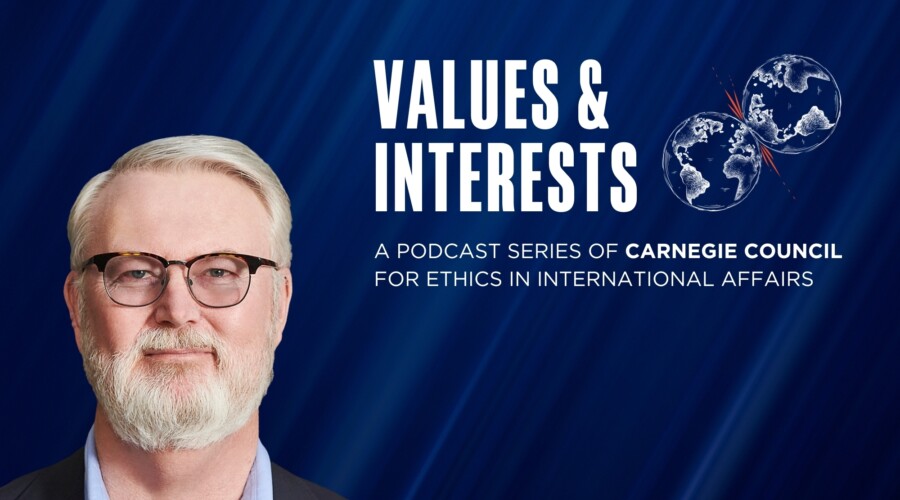A Ph.D. used to be a ticket to a comfortable career in academia. But, in recent years, increasing numbers of Ph.D.'s have had trouble finding jobs or are earning less than minimum wage with no benefits. Are universities responsible for matching supply and demand in the Ph.D. job market?
You may also like

JUL 17, 2025 • Article
Helvetas USA Signs Model International Mobility Convention, Underscoring Practical Pathways for Rights-Based Migration
Helvetas USA CEO Christian Steiner has signed the MIMC, marking a significant step in reaffirming the organization’s commitment to a cooperative global mobility approach.
By Susie Han

JUL 15, 2025 • Podcast
Investing in Your Ethical Infrastructure, with Simon Longstaff
The Ethics Centre's Simon Longstaff discusses the power of moral inquiry, performative vs. good-faith engagement, and how ethics can help to address global challenges.
Hosted by Kevin Maloney

JUL 11, 2025 • Article
Ethics on Film: Discussion of "Mountainhead"
This review of HBO's "Mountainhead" discusses ethical issues around emerging tech and the power and influence of billionaires.
By Alex Woodson